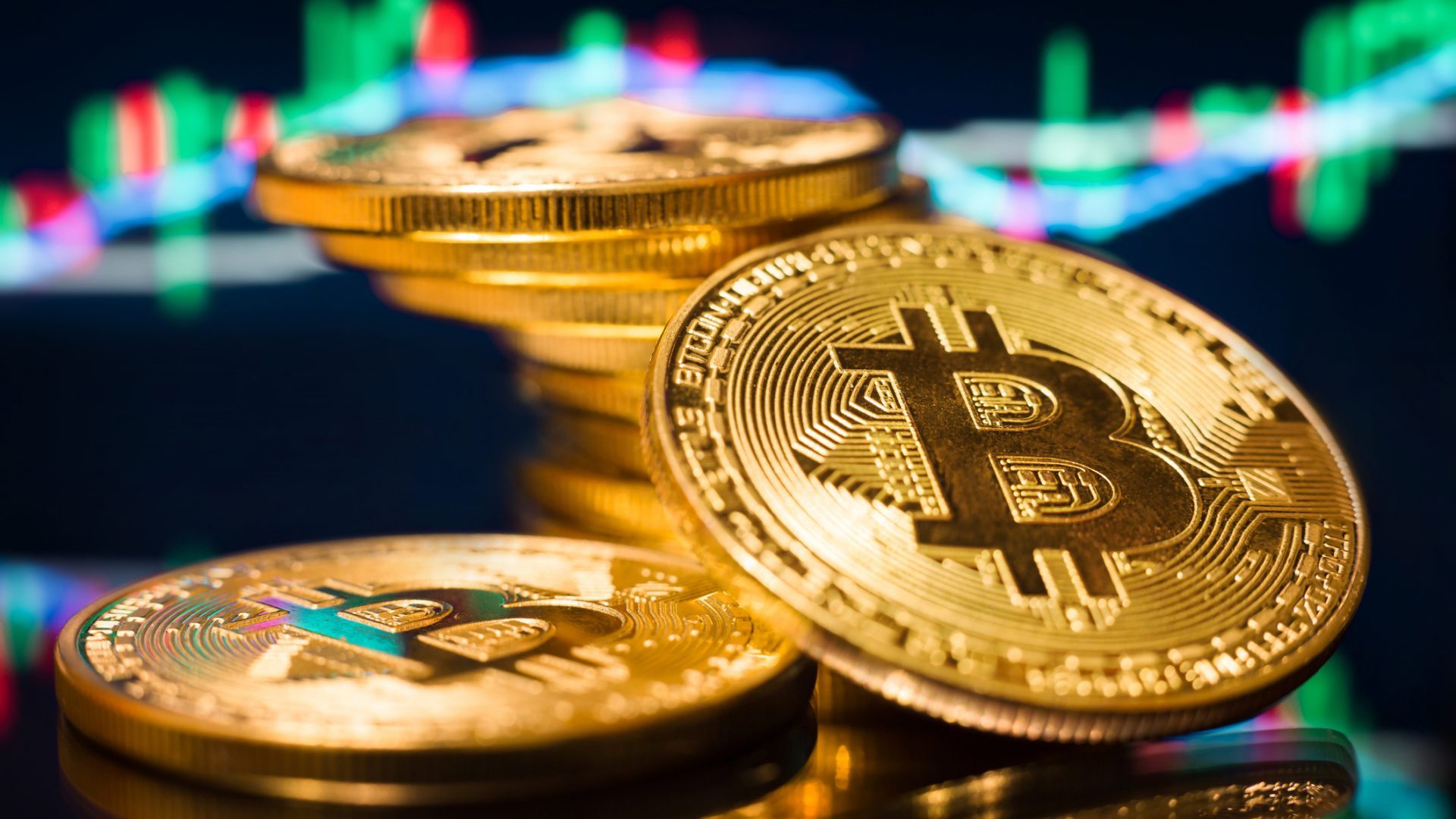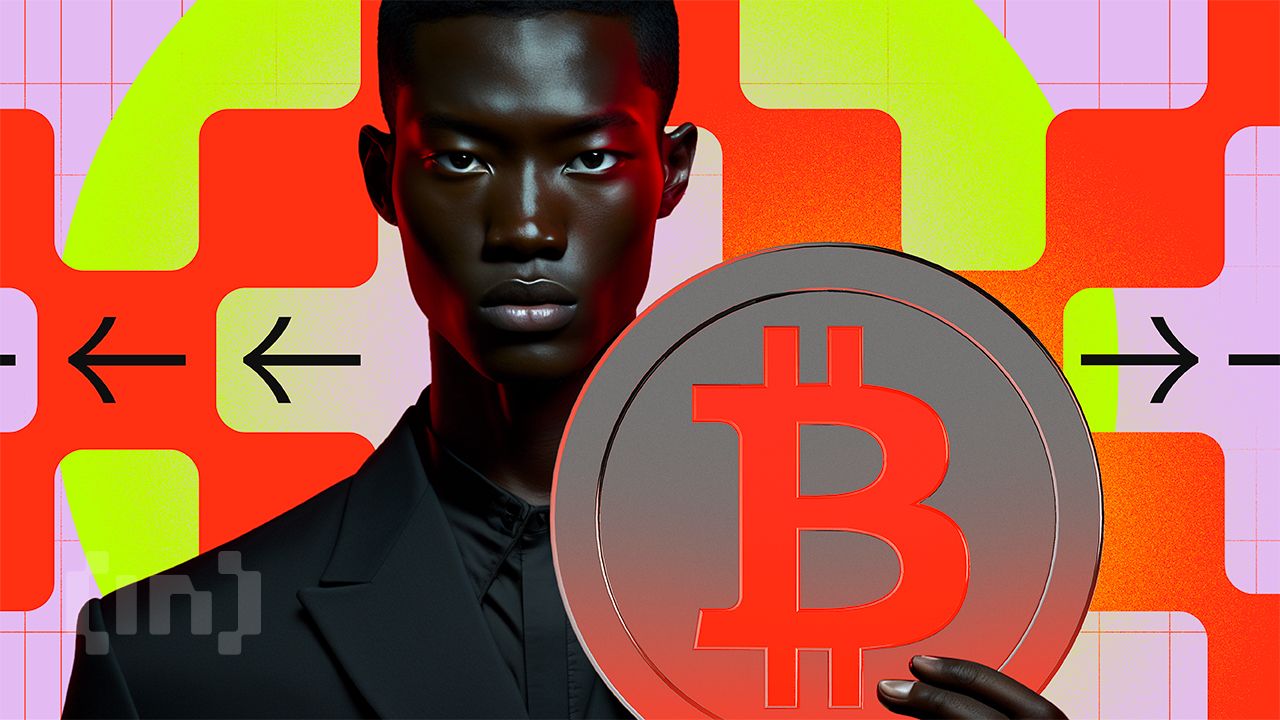Understanding the Bitcoin Economy
How does Bitcoin work? Why does it have value? This article answers these questions and others related to Bitcoin economics.
Although Bitcoin is now about 13 years old, there are many ongoing questions, speculations, analyzes and arguments. Of course, Bitcoin has now become a household name. But aside from those who use it or are part of its wider network, not many ordinary people understand the economics of Bitcoin.
What is it?
To begin with, Bitcoin is simply a digital currency. Just like the physical dollar or other fiat currency, you can use Bitcoin as a means of payment. However, unlike fiat currency, Bitcoin does not have a physical status. Additionally, while governments through central banks centrally control fiat currency, Bitcoin is decentralized with no single controlling entity.
Bitcoin is also a digital asset that some consider “digital gold”. It is because of the high value of Bitcoin as an investment asset. Trading Bitcoin is a lucrative business. As you can trade in various cryptocurrencies through bitcodes and you can also trade in Bitcoin through various crypto trading platforms.
Bitcoin’s value
The best place to start understanding Bitcoin’s economics is its value. Two questions will guide this. First, does Bitcoin have value? Second, assuming Bitcoin has value, what explains this? Let’s answer each question below.
The answer to the first question is yes. Bitcoin has value. And this is true because Bitcoin has a price that determines its value. Although the price is volatile, it still means that Bitcoin has value. For example, the price of Bitcoin on September 12, 2022 is around $22,000. The price can change at any time and go up or down. The mere fact that Bitcoin has a price means it has value.
Additionally, on the question of whether Bitcoin has value, it has value because it also acts as a store of value. You can buy Bitcoin and keep them as a store of value. Instead of keeping fiat money in the bank, you can decide to convert it to Bitcoin. And this means that Bitcoin has value, although its value can change at any time due to high price volatility.
On the second question, Bitcoin has value because of its scarcity and use. Bitcoin’s maximum supply is 21 million coins. After reaching the maximum limit, there will be no more Bitcoin. Already over 90% of this is in reserve. So, as the supply of Bitcoin continues to decrease, demand continues to grow.
In addition, it is difficult to counterfeit Bitcoin due to the blockchain technology. Blockchain creates a decentralized and distributed digital ledger without any centralized control or administration. Everyone on the Bitcoin network can see and verify every transaction in Bitcoin. With millions of miners on the Bitcoin network, double-spending is realistically impossible.
Bitcoin as a means of payment
People use Bitcoin as a means of payment. Like dollars or euros, people can use it to pay for goods or services in many outlets. Many merchants accept Bitcoin payments. They do it because they know it has value. If it lacked value, no dealer would accept it as payment.
Although Bitcoin acceptance as payment is not everywhere, like fiat money, this does not mean that it lacks value. We have to realize that Bitcoin is only a few years old, unlike fiat money which is quite old. So many people may not have known or understood it well. Nevertheless, with the growing trend in digital payments, Bitcoin will become more widely accepted as a means of payment.
Remove
The economics of Bitcoin are simple. It is primarily about the value and use. To better understand Bitcoin, you need to understand the underlying blockchain technology and how it works.
Image by Petre Barlea from Pixabay


